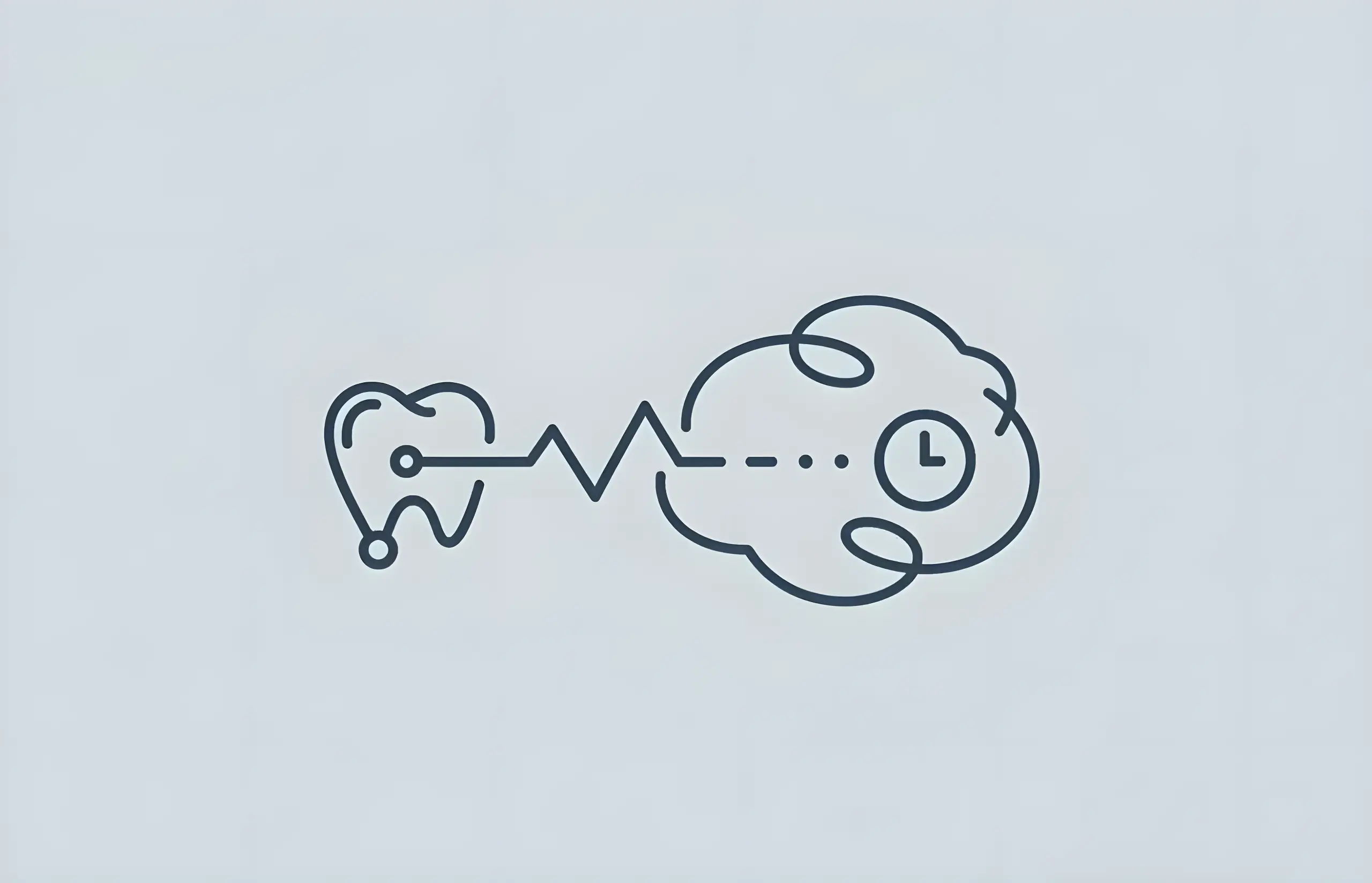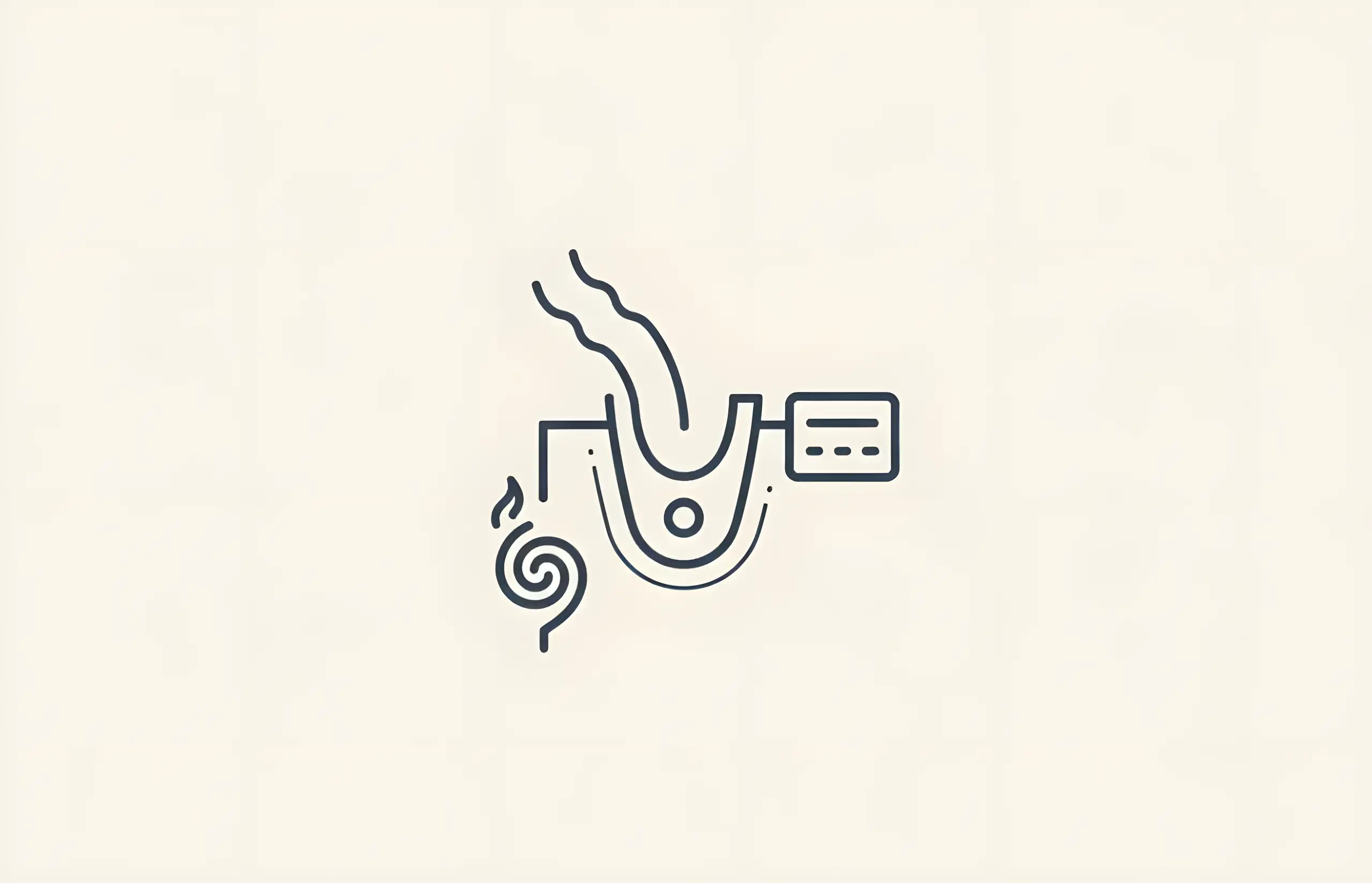Having a tooth extracted can be a painful process. The circumstances leading up to it are painful, and the recovery period is also marked with discomfort.
However, it's important to learn the difference between normal post-extraction pain and pain caused by complications in the procedure. Sometimes you might need medical assistance for your tooth or jaw pain as there can be other underlying causes behind it.
Here are all the common causes behind a throbbing jaw after a tooth extraction:
Dry Socket
When a tooth is extracted, a small wound is left in your gums. A blood clot forms in this wound to keep the underlying nerves, soft tissue, and bones from being exposed. In a couple of weeks, the wound heals, and the blood clot goes away on its own.
Unfortunately, the clot can sometimes become dislodged prematurely. This can be caused by some kind of rigorous physical activity, smoking, or sucking something through a straw. When this happens, the nerves and bone are left exposed, which can be very painful and risk infection.
If you have a dry socket, it needs to be cleaned out properly to get rid of any food debris. The gums will also need protection till tissue forms in the extraction area. So, the wound might be packed with gauze to help shield the damaged area and promote healing.
Dental Infection
A dental infection can cause throbbing pain in the jaw. There is a gap in the gums after a tooth extraction, making them more vulnerable to infections.
If your jaw pain is accompanied by fever, localized inflammation, or excessive bleeding, it could be because of a dental infection. Infections can spread very quickly, so it is important to get immediate medical attention.
Your dentist will prescribe antibiotics which should get rid of the infection in a couple of days.
Necrosis
Necrosis in the bone, also known as osteonecrosis, can also cause pain in the jaw. When the blood vessels surrounding a part of the underlying bone are damaged, that part of the bone dies.
The gums surrounding the bone don't heal, and they might be exposed. This is not a very common cause of jaw pain, but it is frequently observed in cancer patients. If you continue to experience jaw pain two months after the extraction, you need to visit your dentist.
Osteomyelitis
Osteomyelitis is a dental infection caused by bacteria that affects the bone and is typically found in the lower jaw. The infected area experiences swelling and is tender to the touch. Osteomyelitis also commonly causes a fever.
Your dentist can confirm or rule out this infection with the help of an X-ray. You will need a course of antibiotics to treat the infection, but timely detection is very important.
Affected Sinuses
The teeth at the corners of your upper jaw, namely your molars, are located very close to your sinuses. Sometimes a tooth extraction in the upper jaw can rupture the thin lining separating your teeth from your nasal cavities.
When a tooth extraction is followed by an implant on the same day, any jaw pain you experience could be because of a ruptured sinus membrane.
Home Remedies for Throbbing Jaw Pain after a Tooth Extraction
While you wait for your dentist appointment, there are a few things you can do at home to relieve your jaw pain:
- Use an ice pack to relieve the pain in the affected area. Press an ice pack to your cheek and hold it there for about 20 minutes. Repeat this a few times a day to lessen the pain.
- If the pain interferes with your daily life, you can take an over-the-counter painkiller to tide you over till you get a chance to visit the dentist. Both Tylenol and ibuprofen are effective for tooth or jaw pain.
- A lot of people find clove oil very effective in treating dental pain. You can take a few drops of clove oil, mix it with one teaspoon of olive oil and dab it onto the affected area with a cotton swab.
The Bottom Line
Some amount of pain and discomfort is to be expected after a tooth extraction. However, this pain usually subsides within a few days as your gums heal.
If you experience throbbing pain in your jaw for a prolonged period after your tooth extraction, there could be several causes behind it.
Based on what other symptoms you experience and the severity of the pain, you should decide if you can treat the pain at home or if you need to visit the dentist.
Sources and References
-
[1]
Development of osteomyelitis following dental abscesses-influence of therapy and comorbiditiesClinical Oral Investigationhttps://pubmed.ncbi.nlm.nih.gov/32638128/
- [2]
-
[3]
Incidence and predictive factors for perforation of the maxillary antrum in operations to remove upper wisdom teethBritish Journal of Oral and Maxillofacial Surgeryhttps://pubmed.ncbi.nlm.nih.gov/17161510/
- [4]
All sources accessed and verified on . Medical information reviewed for accuracy and compliance with current guidelines.
Related Articles

The Dangers of Tooth Extraction in Elderly People
Understanding the increased risks, complications, and special considerations for tooth extraction in geriatric patients

How Long Does Pain After Wisdom Tooth Extraction Last?
Understanding wisdom tooth extraction pain duration, recovery timeline, and how to minimize discomfort after the procedure
About The Dental Guide
The Dental Guide is a trusted online resource providing evidence-based information about dental health, treatments, and procedures. Our content is created and reviewed by qualified dental professionals to help you make informed decisions about your oral health.
Our Mission
- Evidence-based dental information
- Expert-reviewed content
- Clear, accessible explanations
- Latest treatment options
- Patient-focused guidance
Editorial Standards
- GDC-registered dental professionals
- Peer-reviewed sources
- Regular content updates
- Medical accuracy verification
- Transparent authorship
Important Notice
The information on The Dental Guide is for educational purposes only and should not replace professional dental advice. Always consult with a qualified dentist for diagnosis and treatment recommendations tailored to your individual needs and circumstances.
Medically Reviewed
Reviewed by Dr. Nasim Mechoui , BDS (Bristol)
Share this article
Comments & Discussion
Have questions about dental implants? Share your thoughts or experiences.
